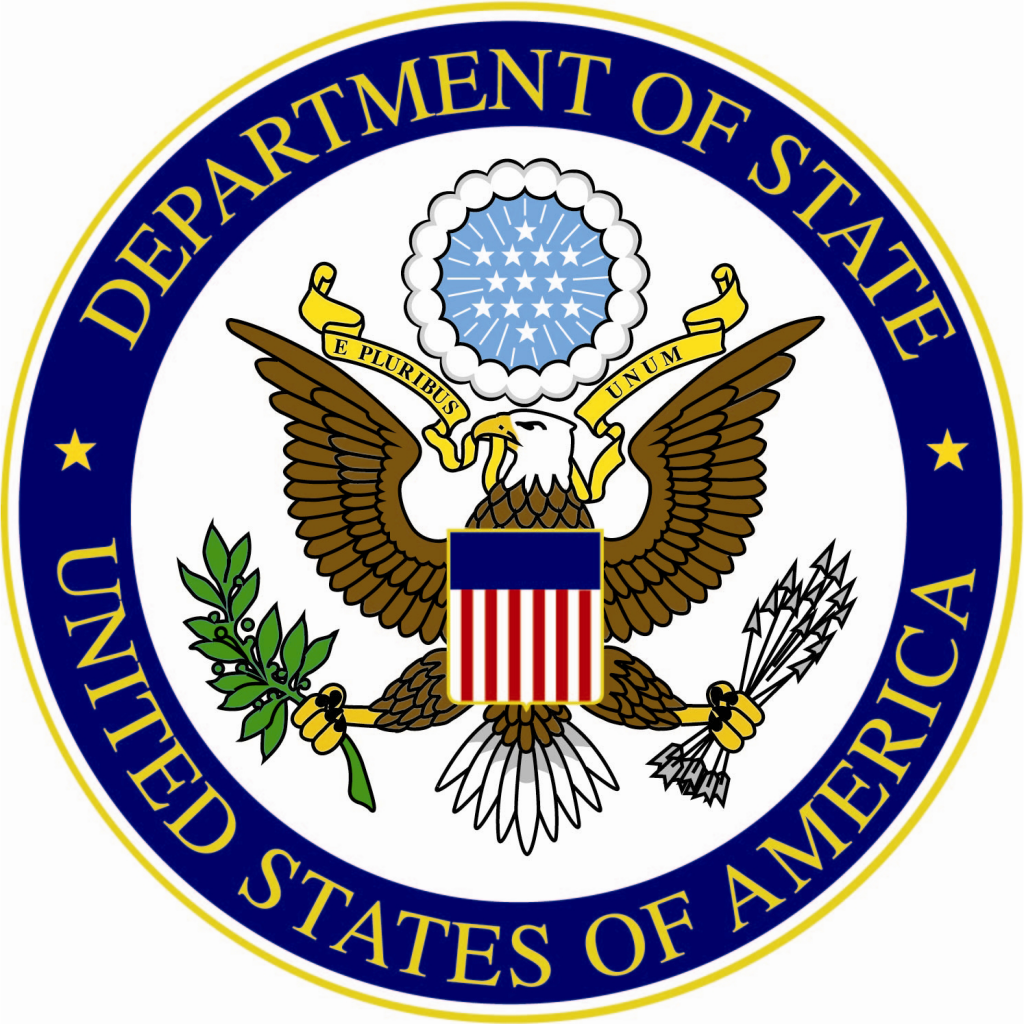Trending
- The Just Energy Transition in Africa: Lessons from South Africa and Senegal
- Mukuru Wallet poised to bolster financial inclusion in Zimbabwe
- Tanga port sailing toward becoming Tanzania’s second-busiest cargo terminal
- Tanzania’s roadmap to universal energy access by 2030
- World Bank, WHO, and Unicef in $82M deal to revive healthcare system in wartorn Sudan
- Empowering Africa: Energy leaders gather in Tanzania for key industry summit
- Digital farms: The new frontier for African agriculture
- UAE readies to champion sustainable health during 2025 Local Production Forum








